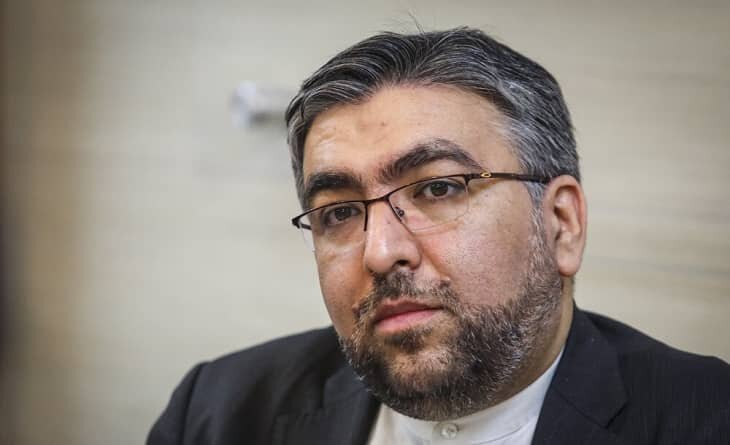Iran’s nuclear measures in line with UN Security Council resolution, MP says

TEHRAN — Speaking with the ICANA website on Monday, a member of the National Security and Foreign Policy and Committee of the parliament said that every nuclear step that Iran is doing is in line with the United Nations Security Council Resolution 2231.
Abolfazl Amouei stated that one of the main reasons for the incomplete implementation of the resolution is the illegal behavior of the United States in refusing to lift the Trump era sanctions on Iran.
The Islamic Republic of Iran continues to adhere to the provisions of the resolution and regulates its actions within the framework of paragraphs 26 and 36 of the UN Security Council and within the framework accepted in the Vienna talks between Iran and the P4+1 group until the U.S. returns to the agreement.
Amouei added, “The United States has so far shown that it is unwilling to abandon its maximum pressure policy components.”
“The policy of maximum pressure on Iran, although considered a failed policy for all American elites, but its components, such as sanctions, belong to the United States, and therefore, by adhering to Resolution 2231, we have shown that the other side has not fulfilled its obligations and they do not adhere (to them),” the parliamentarian said.
Former U.S. President Donald Trump quit the JCPOA in May 2018 and returned the previous sanctions and imposed new ones under his “maximum pressure” campaign against Iran.
Amouei said that the UN secretary general must step up pressure on the West, including the United States, which has made it difficult to implement the resolution properly.
The parliamentarian added, "The Vienna talks have not yet reached the desired results of the Islamic Republic of Iran, and until the United States agrees to lift JCPOA and post-JCPOA sanctions, we should not expect Iran to allow them to enter as a member."
The United States is involved in the Vienna talks indirectly. The European Union and three European states party to the nuclear deal act as intermediary between Iran and the U.S. in the Vienna talks.
According to a monitoring deal between the International Atomic Energy Agency (IAEA) and the Atomic Energy Organization of Iran (AEOI), the Islamic Republic agreed that cameras operating at its nuclear sites would continue to store data and Iran will provide the Agency with the stored recordings for an agreed period of time.
The deal was first was struck in February for a three-month period to give nuclear negotiations time to revive the JCPOA. And then it was extended by one month, which ended on June 24. The time ended while the nuclear talks lingered. This prompted Iran to unilaterally announce the expiration of the deal. This happened as the end of the sixth round of the Vienna nuclear talks.
The sixth round was concluded nearly four days before the expiration of the Iran-IAEA monitoring deal. Following this round, the U.S. and its European allies ramped up diplomatic pressures on Iran in an apparent effort to get Iran to make more concessions in the next round, which is reportedly expected to begin in the coming days.
SA/PA
Leave a Comment